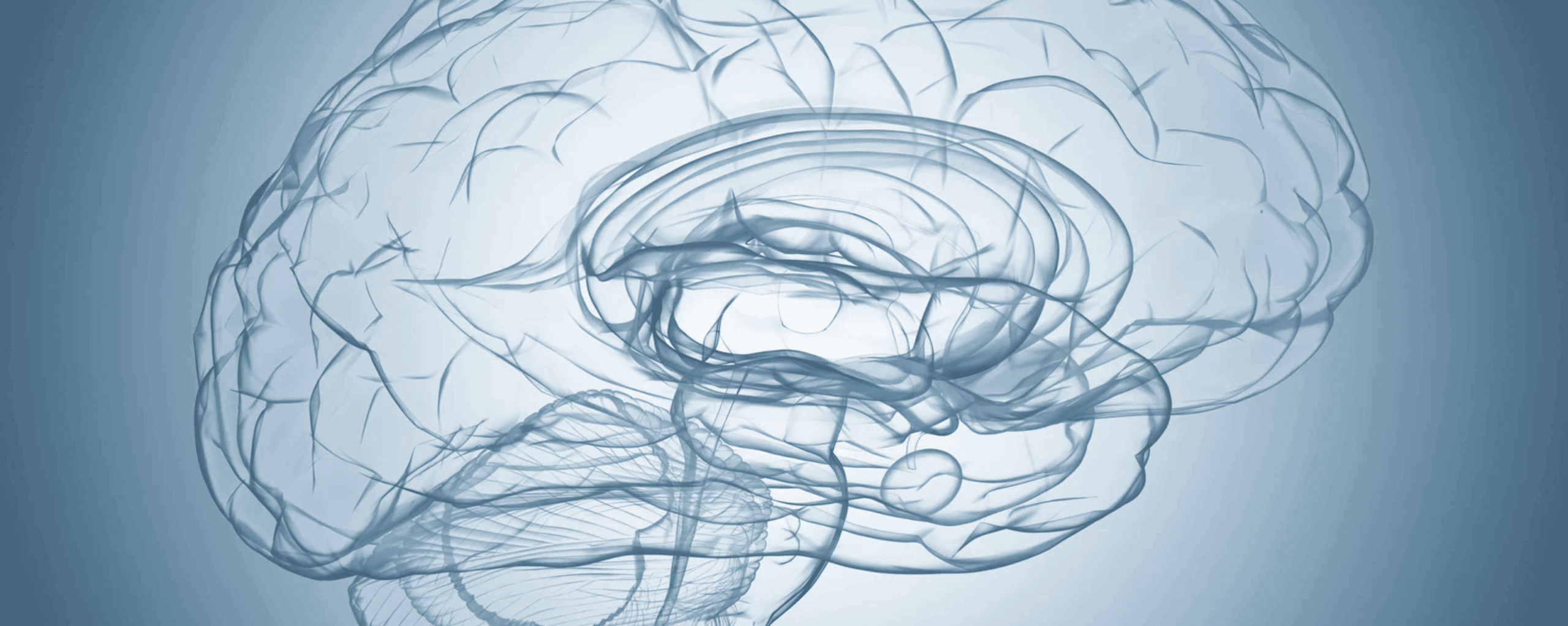Gestalt therapy is a dynamic and experiential form of psychotherapy rooted in the principles of Gestalt psychology and humanistic philosophy. Developed by Fritz and Laura Perls, along with contributions from thinkers like Paul Goodman and Kurt Goldstein, the Gestalt approach emphasizes present-moment awareness, personal responsibility, and the integration of thought, emotion, and action. Unlike some cognitive therapies that focus on restructuring thoughts, Gestalt therapy encourages individuals to explore their direct experience to gain increased awareness and personal insight.
Gestalt Therapy vs. Other Modalities
While psychotherapies like cognitive behavioral therapy (CBT) and dialectical behavior therapy (DBT) are widely used for structured problem-solving and symptom management, Gestalt therapy differs in that it focuses less on cognition and more on the client’s experience in the here and now. This therapy shares philosophical ground with existential therapy, person-centered therapy, and psychodynamic psychotherapy, though it has a distinct identity shaped by field theory, the paradoxical theory of change, and the concept of contact boundaries.
In contrast to the directive structure of cognitive behavior interventions, Gestalt therapy leads the client toward self-discovery through dialogue, creative exercises, and somatic awareness. This method aligns closely with the writings of Martin Buber, who influenced Gestalt theory with his philosophy of the “I-Thou” relationship—a core idea in the therapeutic task of authentic connection between patients and therapists.
Effectiveness of Gestalt Therapy and Its Applications
Gestalt therapy is effective in treating a wide range of issues. These include eating disorders, trauma, anxiety, depression, and even chronic physical symptoms such as those found in ulcerative colitis.
When integrated with modern methods like acceptance and commitment therapy (ACT) or reality therapy, Gestalt therapy offers a flexible framework for addressing complex emotional and behavioral challenges. It can also be used in family therapy settings, where understanding past experiences and patterns helps the client learn new ways of interacting.
Self-Assessment: Am I Addicted?
"*" indicates required fields
Contact Us
Ready to Get Help? Get in Touch Today.
"*" indicates required fields
Theory and Practice in Gestalt Therapy
At the heart of Gestalt therapy theory is the idea that healing occurs through the process of becoming aware of and fully experiencing what is happening in the present. Key Gestalt therapy concepts—such as the phenomenological method, ego hunger and aggression, and the theory of change—help clinicians support their clients through authentic, emotionally engaged work.
According to the Handbook for Theory, Research and Practice in Gestalt Therapy, the therapy concept promotes healthy functioning by encouraging individuals to embrace their feelings, integrate disowned parts of themselves, and reconnect with their environment. These goals are achieved through creative Gestalt therapy techniques, such as the empty chair, guided visualization, and somatic tracking.
The Importance of Getting Help
Gestalt therapy is important because it empowers individuals to develop a deeper awareness of their thoughts, emotions, and behaviors in the present moment, fostering meaningful personal growth and emotional healing. Unlike traditional talk therapies that focus primarily on past events or cognitive restructuring, Gestalt therapy emphasizes direct experience and the integration of mind, body, and emotion. This holistic approach helps clients reconnect with parts of themselves they may have ignored, disowned, or suppressed—ultimately promoting healthier relationships, increased self-acceptance, and a stronger sense of agency. By encouraging responsibility and authentic self-expression, Gestalt therapy supports lasting change and improved psychological well-being.
A Transformative Therapy Concept for Addiction and Mental Health
This transformative therapy provides a rich, holistic path to healing, especially for those seeking deeper client experiences, emotional authenticity, and self-understanding. Whether you’re exploring therapy for the first time or are already familiar with psychodynamic therapies, the Gestalt approach can be a powerful way to reconnect with your inner self and the world around you.
If you’re ready to experience the healing power of Gestalt psychotherapy, Vogue Recovery Center offers evidence-based care in a compassionate, client-centered setting. Our skilled clinicians incorporate this therapy theory alongside other modern approaches to meet your unique needs. Contact us today to learn more about our therapy services and begin your journey toward lasting transformation.
Questions about treatment options?
Our admissions team is available 24/7 to listen to your story and help you get started with the next steps.
vogue-staff
Latest posts by vogue-staff (see all)
- What Is Gestalt Therapy? - July 14, 2025
- What Is Heroin? Finding Heroin Rehab Near Me - July 14, 2025













